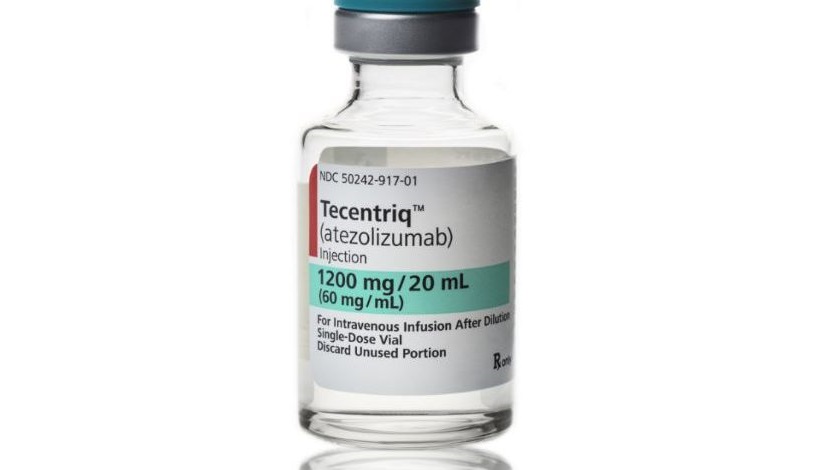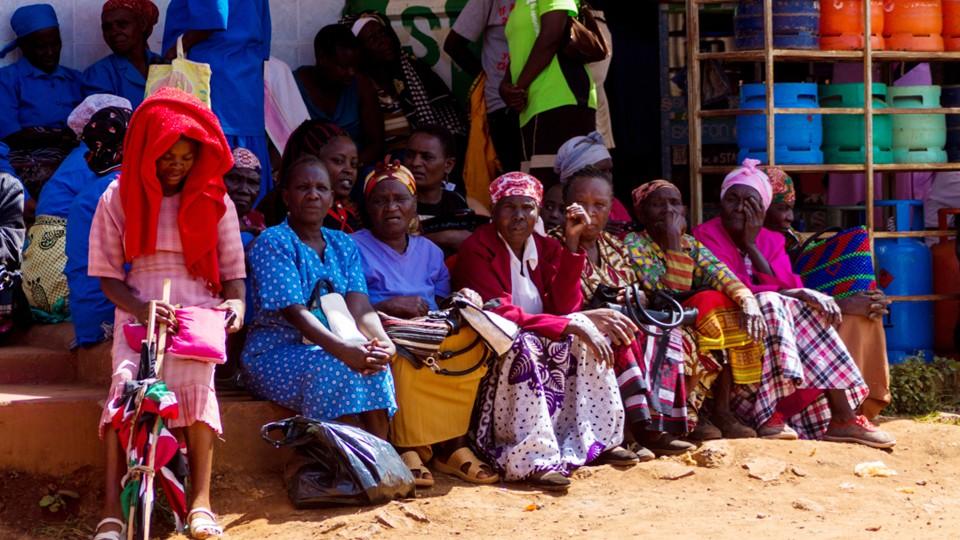Tecentriq can stay as therapy for triple-negative breast cancer, FDA experts say

Roche’s Tecentriq can stay on the US market as a therapy for triple negative breast cancer, advisers to the FDA have said as part of a review of several quickly-approved cancer drugs.
Tecentriq was the first drug to be discussed in the review by the FDA's Oncologic Drugs Advisory Committee (ODAC) of cancer drugs that received accelerated approvals on the basis of early response data.
The ODAC voted seven to two in favour of maintaining the approval of Tecentriq (atezolizumab) in combination with BMS’ Abraxane (nab-paclitaxel) for adults with unresectable locally advanced or metastatic triple-negative breast cancer with PD-L1 mutations.
While the ODAC's vote is non-binding the FDA rarely goes against the advice of its expert advisers.
In a statement Roche’s Genentech unit, which developed the drug, said the FDA has not announced when it will make a final decision for Tecentriq in this indication.
Drugs granted accelerated approval based on early data usually require survival data to remain on the market in the long term.
In its discussion the ODAC experts said that while it wasn't ideal that this was not yet available for Tecentriq in TNBC, it was content to wait for the outcome of the IMpassion132 trial due in 2023.
The drug was first approved in TNBC in 2019 and there few alternatives for treatment of this aggressive form of the disease.
Today the ODAC is due to discuss accelerated approvals for Tecentriq and Merck & Co’s rival Keytruda (pembrolizumab) for people with locally advanced or metastatic urothelial cancer, who are ineligible for cisplatin-containing chemotherapy.
The last few months have seen four occasions in which drugmakers have opted to voluntarily withdraw approvals for cancer drugs that failed confirmatory trials.
The earlier voluntarily withdrawn approvals were for Opdivo and Keytruda for relapsed small cell lung cancer (SCLC), and Tecentriq and AstraZeneca’s Imfinzi (durvalumab) for relapsed urothelial carcinoma (UC).












